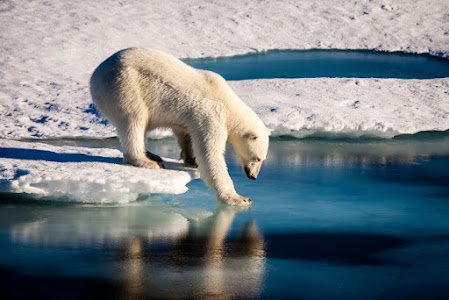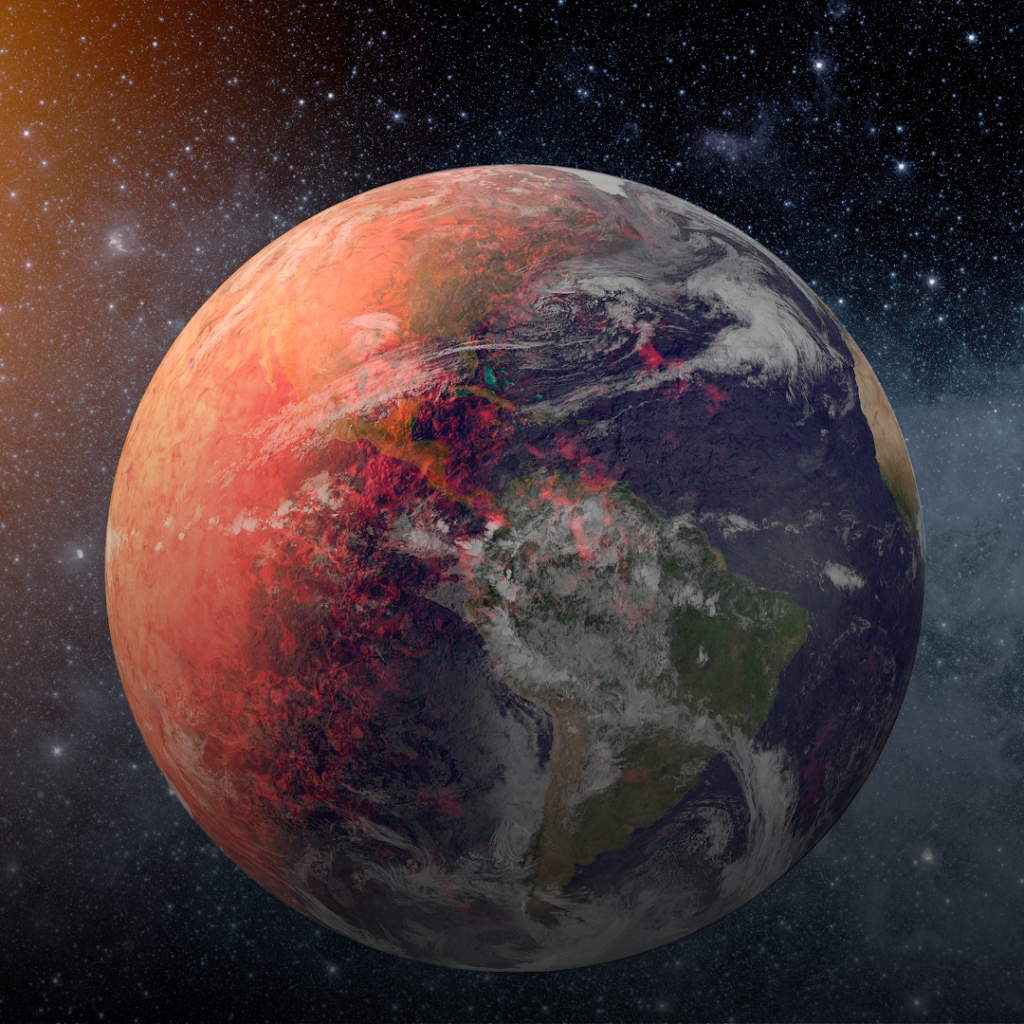
Global warming is a long-term trend of increasing global average temperatures, primarily driven by human activities such as the burning of fossil fuels, deforestation, and industrial processes that release greenhouse gases into the atmosphere. While short-term fluctuations in temperature can occur due to natural variability, the overall trend over the past century has been one of warming.
Global Warming Decrease In The World And Its Make Better Than Human
However, efforts to mitigate global warming and its impacts are underway worldwide. Many countries have committed to reducing theirs greenhouse gas emissions through initiatives such as the Paris Agreement, which aims to limit global warming to well below 2 degrees Celsius above pre-industrial levels, with efforts to limit it to 1.5 degrees Celsius.
These efforts include transitioning to renewable energy sources, improving energy efficiency, implementing carbon pricing mechanisms, reforestation, and adopting sustainable land management practices. While the effects of these actions may not be immediately apparent due to the long-term nature of climate change, they are essential steps toward slowing down and eventually halting the rate of global warming.
However, it’s crucial to note that even with mitigation efforts, there may still be some level of warming due to the inertia of the climate system and the long-lasting nature of greenhouse gases already present in the atmosphere. Additionally, the impacts of past emissions will continue to be felt for years to come, emphasizing the importance of both mitigation and adaptation strategies in addressing the challenges of global warming.
It is true that we are unlikely to limit global warming this century below 2.7° Fahrenheit (1.5° Celsius) relative to pre-industrial temperatures without taking drastic action in the next few decades. Experts suggest that this threshold offers a lesser danger of major negative repercussions.









